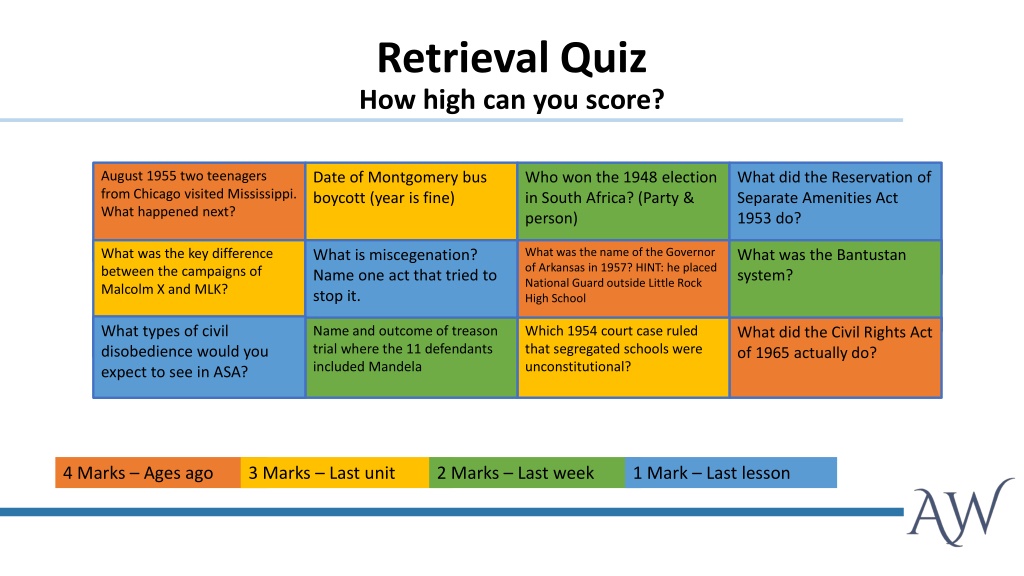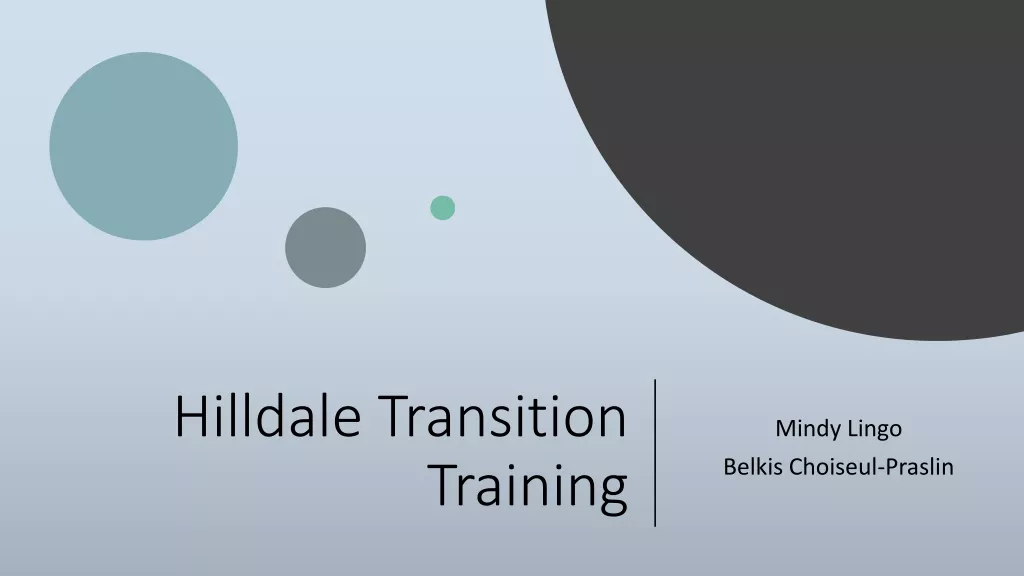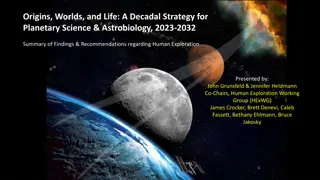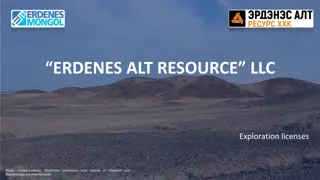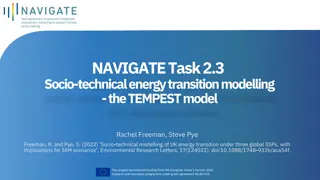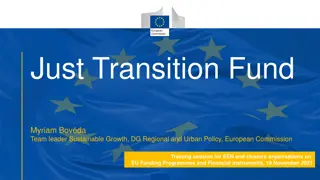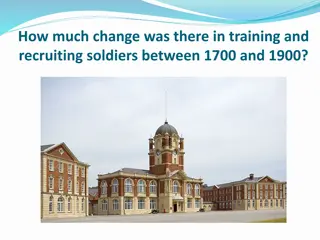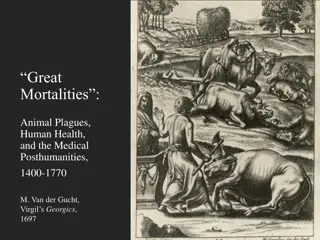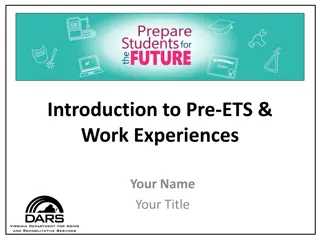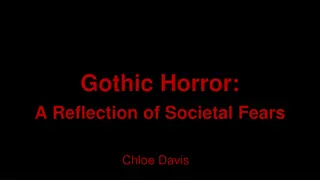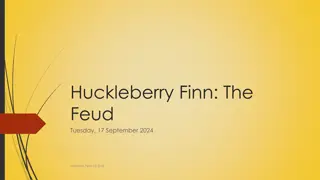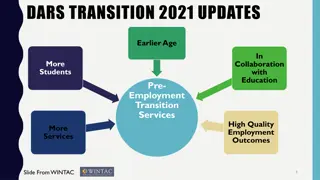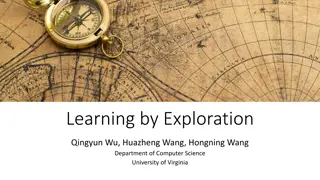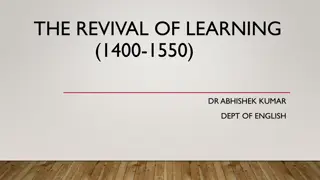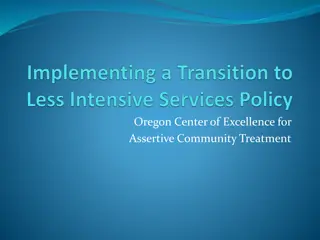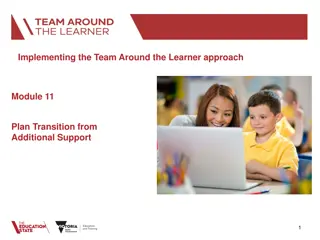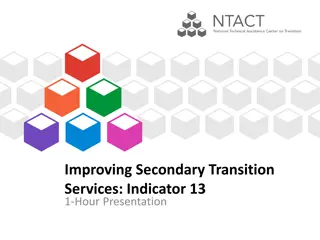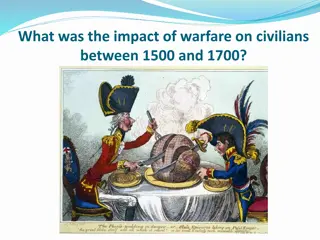Societal Transition from 1400-1700: A Historical Exploration
Explore the societal changes during the transition from the medieval to the modern world between 1400-1700. This period witnessed dramatic economic, social, and cultural shifts, with references to specific examples from different regions. Key events and figures such as the Montgomery bus boycott, the 1948 election in South Africa, and the campaigns of Malcolm X and MLK are discussed in relation to civil rights movements and political shifts.
Download Presentation

Please find below an Image/Link to download the presentation.
The content on the website is provided AS IS for your information and personal use only. It may not be sold, licensed, or shared on other websites without obtaining consent from the author. Download presentation by click this link. If you encounter any issues during the download, it is possible that the publisher has removed the file from their server.
E N D
Presentation Transcript
Retrieval Quiz How high can you score? August 1955 two teenagers from Chicago visited Mississippi. What happened next? Date of Montgomery bus boycott (year is fine) Who won the 1948 election in South Africa? (Party & person) What did the Reservation of Separate Amenities Act 1953 do? What was the name of the Governor What was the key difference between the campaigns of Malcolm X and MLK? What is miscegenation? Name one act that tried to stop it. What was the Bantustan system? of Arkansas in 1957? HINT: he placed National Guard outside Little Rock High School What did the Civil Rights Act of 1965 actually do? What types of civil disobedience would you expect to see in ASA? Name and outcome of treason trial where the 11 defendants included Mandela Which 1954 court case ruled that segregated schools were unconstitutional? 4 Marks Ages ago 3 Marks Last unit 2 Marks Last week 1 Mark Last lesson
Retrieval Quiz How high can you score? Death of Emmett Till December 1955 Malan s National Party Dramatic decline in status of Blacks due to separation of amenities Faubus Malcolm X urged violent protest, MLK was largely peaceful Mixed-race relations. Prohibition of Mixed Marriages Act 1949 and Immorality Act 1950 Transform existing nature reserves into a number of small, fully independent states. Civil rights were responsibility of federal govt. not states and ended employment discrimination Meeting at 11pm Singing freedom songs Burning passbooks, etc. Rivonia trial called for death penalty of all 11 including Mandela Brown vs Board of Education 4 Marks Ages ago 3 Marks Last unit 2 Marks Last week 1 Mark Last lesson
Limit yourselves to three colours. 1. People 2. Events 3. Dates 5 mins Use the whiteboard to tell me everything you know about 1400-1700
Societies in Transition 1400 - 1700
What do you think Societies in Transition will involve? Mark on the whiteboard in another colour anything that you think may suggest some sort of transition (circle, underline, mark with symbol)
Early Modern world This topic focuses on exploring societal change. It centres on the transition from the medieval to the modern world; a period of dramatic economic, social and cultural change. You will be expected to make reference to specific examples in your responses, and some examination questions will require you to make reference to examples from two different regions of the world.
Study two regions throughout I will teach themes and give you examples but it is your responsibility to fill out your knowledge Regions are: Africa and the Middle East: the impact of trade in salt and gold on the rise and decline of African empires; Christian art and architecture in Ethiopia; Bantu migration; impact of slavery on the economy and society in Africa; spread of Islam in western Africa and the Swahili Coast Asia and Oceania: Indian Ocean trade; collapse of the Ming dynasty; the Azuchi-Momoyama period in Japan (1568 1600) The Americas: treatment of indigenous peoples in the Americas; transatlantic trade; impact of slavery on economy and society in the Americas Europe: the Renaissance; the Enlightenment; Gutenburg printing press (1450); decline of feudalism; the Spanish Inquisition; the Reformation and Catholic Reformation; impact of inventions such as new navigational instruments; impact of scientific pioneers such as Copernicus, Kepler, Newton or Galileo
Life before 1400 Feudalism and its decline Exploration of east and west Growth of mercantilism Colonisation of America and westward expansion Population Native America Othering Transatlantic trade Slavery Term 2b Fall of Constantinople Renaissance Gutenburg printing press Scientific Revolution Native Americans Art in America Enlightenment Individuals Term 2a Spanish Inquisition Protestantism Stability of religion Heresy Matthew Hopkins Pilgrim fathers - Religion in the new world Missionaries and conversion attempts Term 3a Term 3b - IA
Paper 3 Paper 2
Paper 3 Paper 2
Essay task Complete a four sentence mini-essay that you think demonstrates that it meets the following criteria for each of the following questions Examine the social impact of two scientific or technological developments from the period 1400 to 1700. Evaluate the importance of merchants and travellers in bringing about economic change in the period 1400 to 1700. Evaluate the impact of religious as a challenge to the state in the period 1400 to 1700.
Research task Choose one of the essay questions that we have looked at (a different one each) and prepare to present next lesson Your presentation must provide an overview of the topic It must also refer to more than one geographical zone
